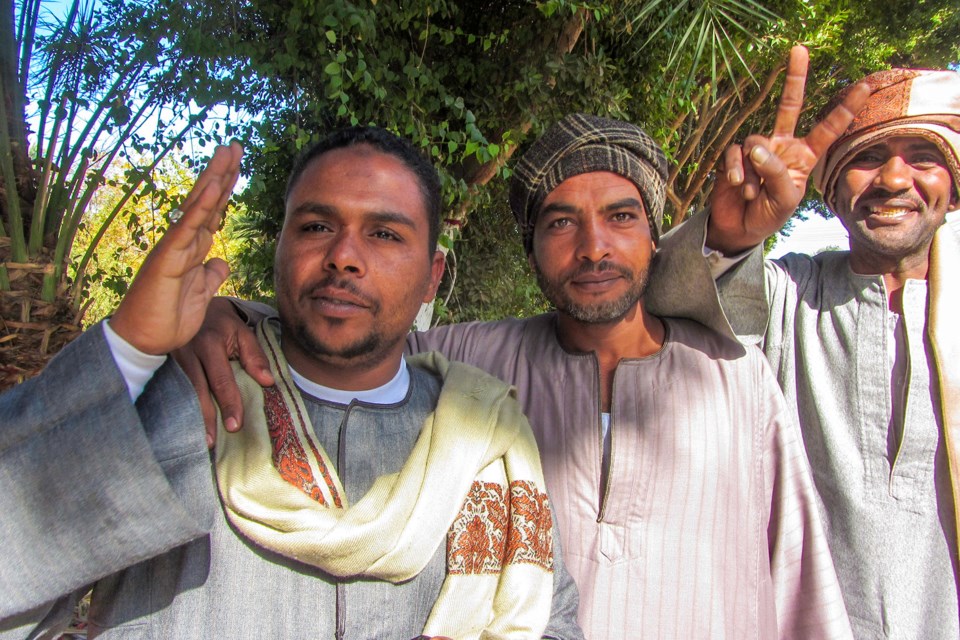It was the why that drove me nuts.
Was it because I’d suddenly discovered that time is waning, that I only have so long left to do the things on my bucket list?
Was it to prove something to myself?
Why, once this harebrained goal gripped me, could I not let it go? Why have I decided that I must cycle and kayak a combined 5000 kilometres in the next 12 months, all on roads and trails that I have never ridden before and waterways I’ve not previously paddled? Twenty more bike rides to Dunnville or Fort Erie won’t cut it, nor will a few more paddles in the Welland or Grand Rivers qualify.
“Running out of time” and “bucket list” had nothing to do with the decision.
How are we to interpret, “I’ve got to do this or that because my time is running out?” It’s completely personal. Viewing the pyramids or attending the Paris Opera Ballet sound exciting, but hardly critical. If we’ve failed to be honest with a friend in the past, or taken advantage of them, and reconciliation is necessary, then yes, it’s important to correct this while there’s still time. Either situation is unlikely to cause anyone to embark on a long bike ride or paddle.
Should we worry that not getting everything done before time runs out signifies loss or failure? I believe it’s the opposite. A well-lived life, one that has been mostly rewarding and fulfilling, doesn’t become a failure because a few things are left undone. Conversely, doing additional stuff, even changing course at the last minute, is unlikely to significantly alter one’s overall satisfaction with a lifetime of too many disappointing choices.
I just don’t get bucket lists and FOMOs (Fear Of Missing Out). If your pre-bucket kicking goals and dreams are important enough to be on a list, why would you wait until time is running out before doing them? FOMOs are trendy and temporary pursuits, so who cares.
Is “proving something to myself,” a legitimate reason to attempt such a goal? I can’t remember a recent year I’ve ever ridden and paddled less than 5000 kilometres, so nothing physical to prove here.
However, there will be lots to understand and verify, but not specifically prove. So many new-to-me roads and locations will demand pre-planning, in-the-moment decision making, and once-in-a-while mental stamina for success—all of which are supposed to be skills that fade with age. This goal will ensure I see how far down that road we’ve travelled.
Considering unfamiliar languages and cultures will be involved occasionally, the experiences could at times be challenging. What’s learned will influence the standards for future adventures.
Will Estonia, Latvia and Lithuania still reflect that spirit today as Russia threatens again?
The cliché “Moving beyond your comfort zone” is merely a phrase designed to launder dealing with fears. Ranking one’s fears is constructive when goal setting, and doesn’t imply “proving” anything to yourself or anyone else. Am I still more afraid of not challenging myself, not encountering new people and fresh circumstances, and not absorbing unfamiliar sights and experiences than I am of inconvenience and occasionally questionable personal security? I’ll know for sure at the end of the 5000 kilometres.
Searching the moments from past rides and paddles that have stayed with me suggests stronger reasons that this goal is important.
In 2009 the joy and excitement of the young people in Hungary and Slovakia was palpable as their countries westernized. They exalted in the social and economic freedoms their country’s split with Russia offered. Will Estonia, Latvia and Lithuania still reflect that spirit today as Russia threatens again?
I vividly remember the completely unexpected sense of safety I felt cycling amongst the kind and generous people of rural Egypt, Sudan and Ethiopia just nine years ago. Who could imagine that a decade later their countries would be so violently divided by civil war and economic calamity? Where should one travel today before a similar fate renders now-safe countries inaccessible in the future?
The questions that arise are not always comfortable or easily answered. One cannot cycle in much of Western Europe without constantly encountering staggeringly rich and imposing historic cathedrals and churches. At some point one must ask for whose benefit such enormous wealth and labour were expended, and did such beliefs provide a foundation for today’s too-often callous attitudes.
Being self-powered and directly exposed to unfiltered nature is a revelation.
During Covid, friends David from Norway and Vince from New Zealand cycled and paddled within their own countries by default. They seemed genuinely surprised to discover there was no need to travel internationally to enjoy spectacular natural beauty and remote solitude. Surely that same opportunity to experience rejuvenating awe and tranquility exists in Ontario’s north, or wild and secluded locations from coast to coast in Canada.
Nature is detoxifying. Introspective peace and quiet allow thoughts to congeal into ideas free to emerge on their own schedule, simultaneously invigorating and stabilizing us as we explore.
And that is ultimately the allure of setting goals, isn’t it? Sometimes simply being somewhere else is enough. Being comfortable that exposure to a multitude of experiences, some wrapped in humanity and others in the magnificence of nature, is more likely to provide us with questions than answers. It is these questions that keep us vital as we attempt to define a reality we have seen for ourselves, one that television or social media cannot distort.
There is no need to rationalize further — if there is an opportunity, take it.



